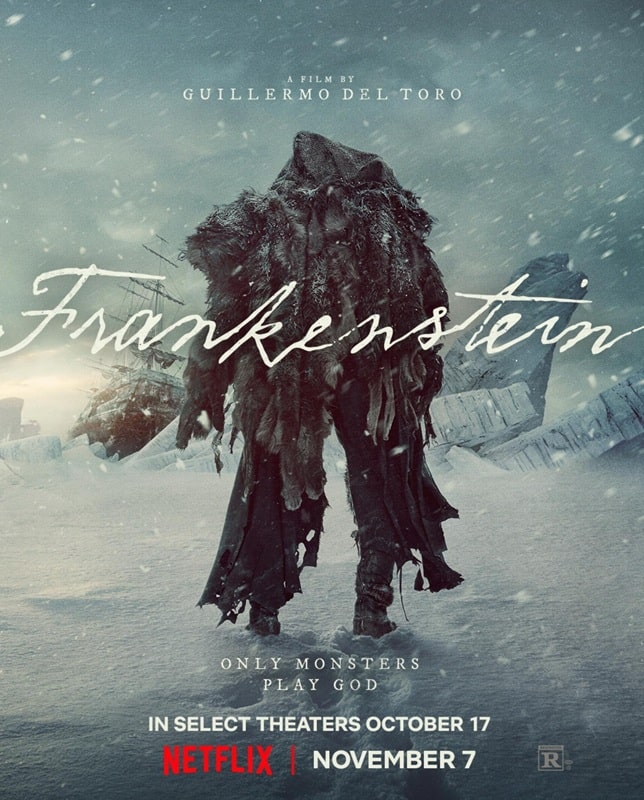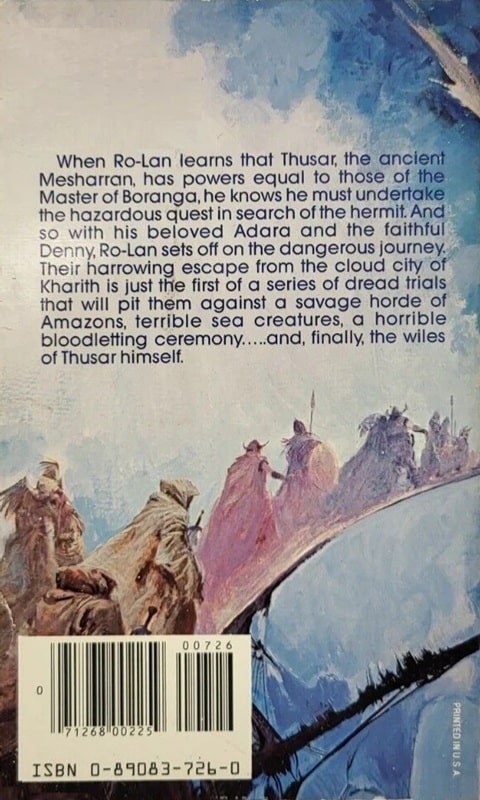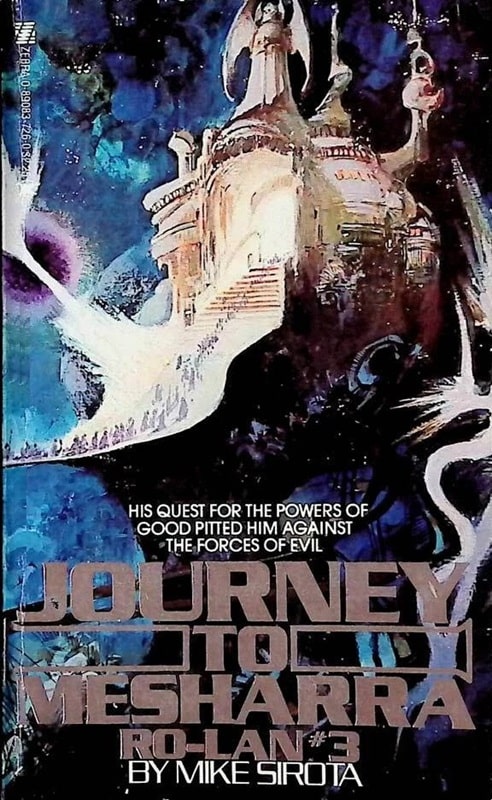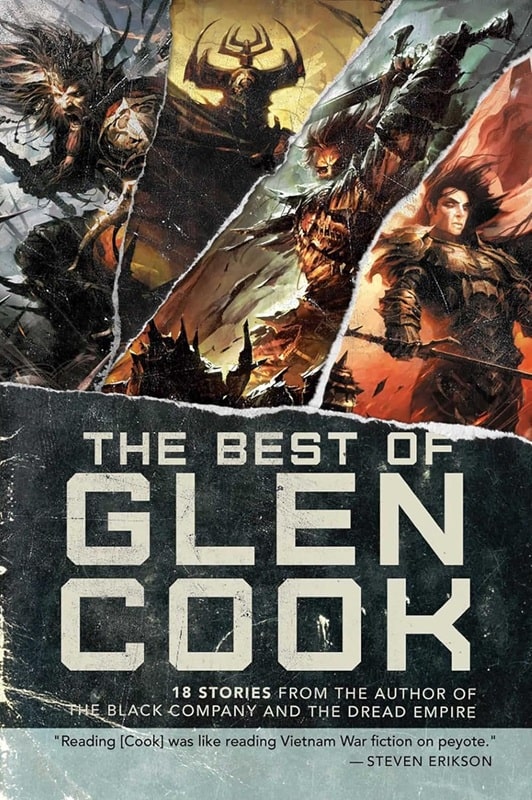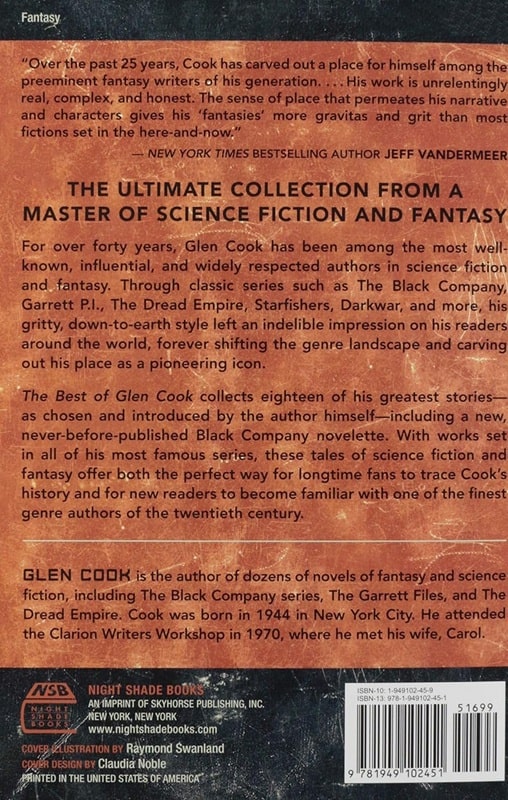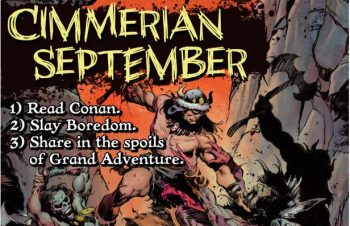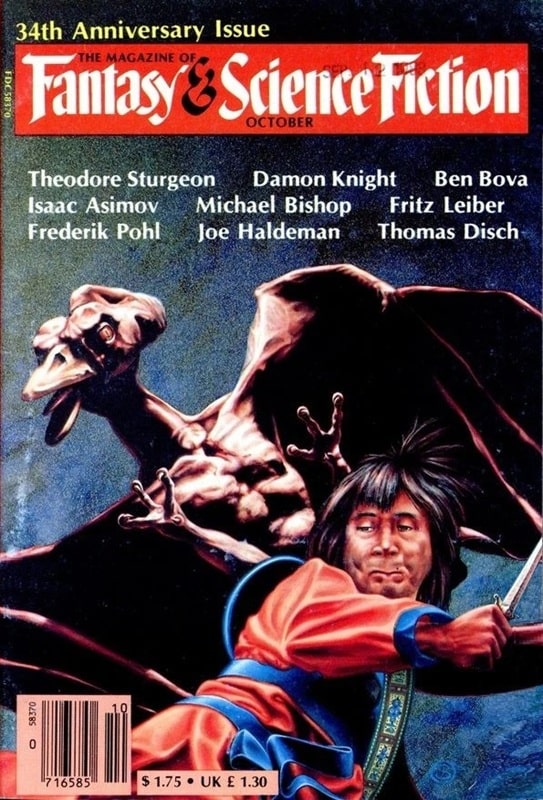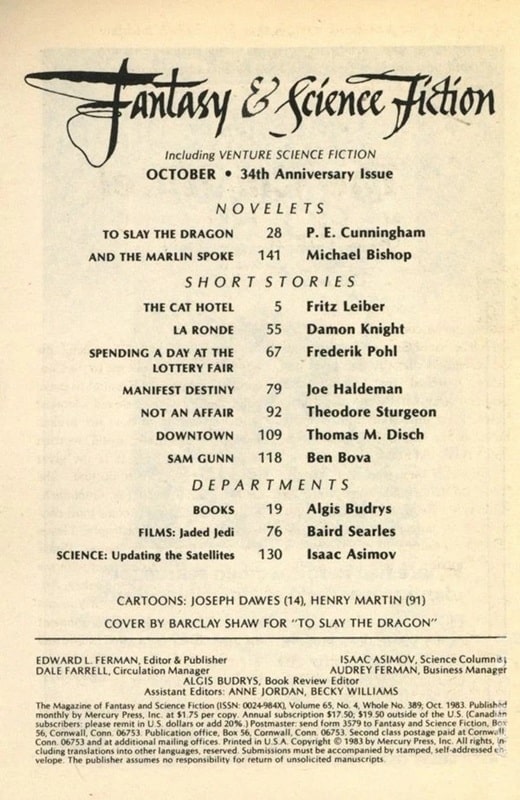By Crom, it’s Cimmerian September: Roy Thomas & “Out of the Deep”
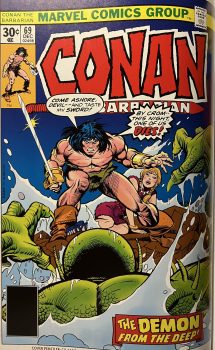 Cimmerian September (nod to Michael K. Vaughan for coining that) continues here at A (Black) Gat in the Hand. Spooky season is right around the corner, so let’s combine a little horror with our Conan (albeit, of the Marvel variety). I have been reading Savage Sword of Conan lately. But earlier this year, I finished my reading of the first 115 issues of Conan the Barbarian. Those comprised Roy Thomas’ first run of the series, as he left Marvel. I wrote previously about how he brought Conan to Marvel.
Cimmerian September (nod to Michael K. Vaughan for coining that) continues here at A (Black) Gat in the Hand. Spooky season is right around the corner, so let’s combine a little horror with our Conan (albeit, of the Marvel variety). I have been reading Savage Sword of Conan lately. But earlier this year, I finished my reading of the first 115 issues of Conan the Barbarian. Those comprised Roy Thomas’ first run of the series, as he left Marvel. I wrote previously about how he brought Conan to Marvel.
He adapted several non-Conan stories, such as “The Marchers of Valhalla,” The Lost Valley of Iskander,” and “Black Canaan,” among many others.
“Sea Curse” appeared in the May, 1928 issue of Weird Tales. It recounted the death of a young girl and an ensuing curse, in the small coastal village of Faring. That same year, he also wrote another tale set in Faring, but it was rejected by both Weird Tales, and Ghost Story. There was also a short poem called The Legend of Faring Town, which first appeared in 1975.
That second story, “Out of the Deep,” finally found print in the November, 1967 issue of Magazine of Horror. Whereas “Sea Curse” is a tale of revenge, this one is a sea monster story. And the reason I chose this of the two is because Roy Thomas adapted it for Conan the Barbarian.



